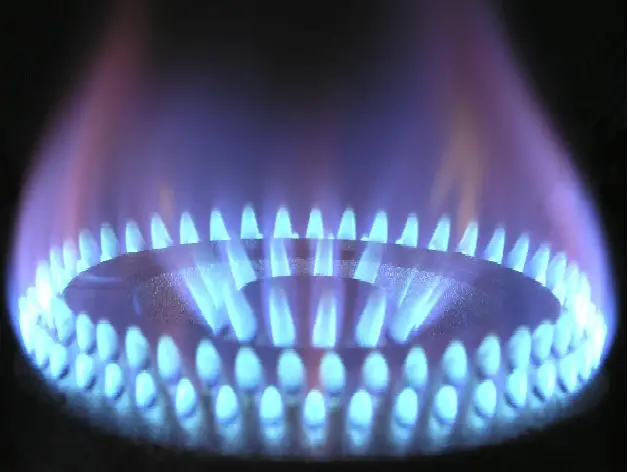On Wednesday, Der Spiegel reported that German households are going to continue to struggle with high electricity and heating costs, as the country struggles with the cost of living crisis, according to the nation’s Federal Network Agency.
The agency issued the warning despite the recent fall in household energy prices, which are down by 4.5% this year as of November 2023.
Klaus Miller, the head of the Federal Network Agency was quoted by the Rheinische Post as saying in an interview that, “The era of cheap energy is over, at least as long as we continue to consume large quantities of conventionally generated energy.”
Although compared to 2022, the wholesale price of electricity has “fallen significantly” Miller noted that the price level is still in excess of what it was prior to the conflict in Ukraine, and that, “nothing will change in the near future.”
He pointed out that for the average four-person household, it will cost €120 ($133) more in network fees each year, now that the government has eliminated a previously planned €5.5 billion subsidy. Miller said he assumed the operators of networks would merely pass the costs on to consumers, predicting, “Sooner or later, the costs will reach all consumers, regardless of when the changes are implemented.”
In the middle of December, transmission system operators in Germany announced that grid fees would rise from 3.12 cents per kilowatt hour in 2023 to 6.43 cents in 2024.
Prior to 2022, Germany relied on Russia to supply 40% of its natural gas needs. As a result, Germany’s economy was among the hardest hit when the Russian supplies were gradually cut off in 2022. Then, sanctions over the war in Ukraine caused issues with the maintenance of the Nord Stream 1 pipeline, reducing gas flows to Germany, before a sabotage attack destroyed the undersea segment of the pipeline and eliminated flows entirely.

